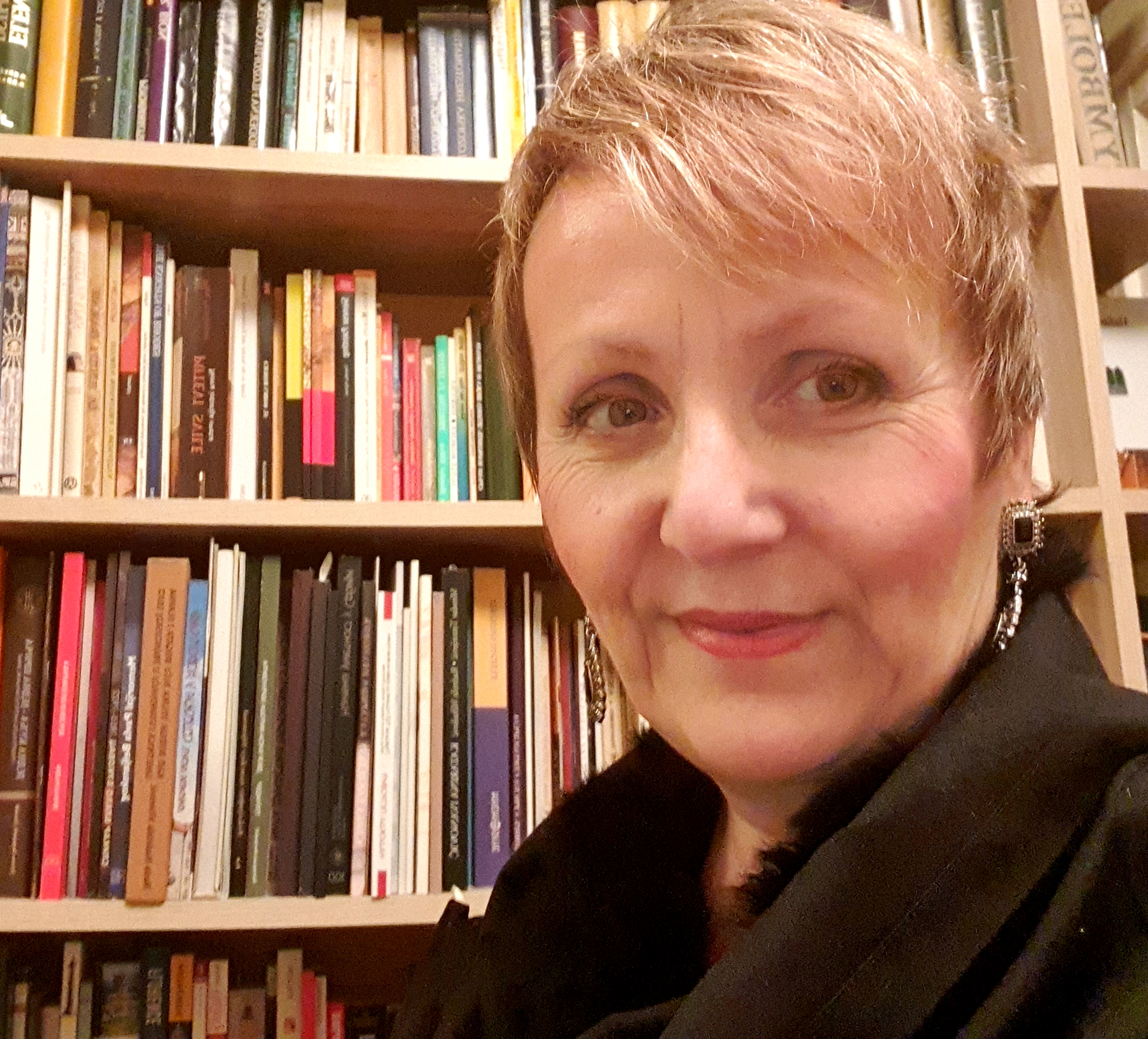We view the pandemic as one type of accumulation that leads us into an expansion of those commercial spaces that we were much less concerned with before the pandemic began. And we are grateful to discover these potentials, although we would really like this global quarantine not to have ever happened.

We spoke with Tamara Ognjević, Director of Artis Centre, about doing business during the coronavirus pandemic and how did she organize her activities during the state of emergency and pandemic. “At this point, we have intensified our online activities – we are very present on social media and our magazine, Artis is slowly and surely developing into a website. Our audience has literally tripled since the state of emergency was declared, and we are constantly receiving calls for collaboration from a wide variety of organizations and media, artists and entrepreneurs,” says Ms Ognjevi
, who is the author and leader of numerous, award-winning projects in the segment of museology and cultural heritage, curator of many exhibitions, lecturer and coordinator of various educational programmes focused on heritage and its potential.
How did you organize your business activities?
Unlike many similar organizations, since its establishment, some ten years ago, Artis Centre has realized the benefits of online business, as well as of independently securing revenue beyond the traditional, always uncertain domestic and international competitions that most NGOs and culture institutions rely on.
By doing so, we have secured for ourselves a financial base that allows us to pause in those segments of our operations that require immediate contact with the audience which is, for us and any public institution, exceptionally important. If you operate in the private sector, whether you like it or not, you need to constantly deal with potential crises and always intently listen to the audience, i.e. the market. At this point we have intensified our online activities – we are very present on social media and our magazine, Artis is slowly and surely developing into a website (www.artiscenter.com ). Our audience has literally tripled since the state of emergency was declared, and we are constantly receiving calls for collaboration from a wide variety of organizations and media, artists and entrepreneurs
In this way, we are shaping a platform on which some new forms of business will take place in the future. Of course, art and cultural heritage are still our primary interests; the ‘subject’ and ‘products’ of what we do, and we view the pandemic as one type of accumulation that leads us into an expansion of those commercial spaces that we were much less concerned with before the pandemic began. And we are grateful to discover these potentials, although we would really like this global quarantine not to have ever happened. However, the key skill of good management lies in the art of managing what you have, not what you would like to have.
How do you spend your private time during the pandemic?
I mostly read and write. I am discovering the pandemic dimension of art history, completing a new, supplemented edition of the monograph “Ostrog”, published by Vukotić Medija. I am preparing a monograph on the collection/legacy of Princess Jelisaveta Karadjordjević, presented by Artis in cooperation with the History Museum of Serbia last year at the very popular exhibition called “Princess Jelisaveta – The Long Journey Home “.
I am constantly communicating with my co-workers and friends, as well as with the audience with whom I am jointly creating new posts on the Artis Magazine webpage and our Facebook page. Thanks to the available applications I have been talking a lot these days to my colleagues from the International Committee for Museum Marketing and Public Relations – ICOM MPR, to which Board of Directors I was elected for the second consecutive time last autumn. We want to be properly involved in the post-pandemic recovery of museums and related institutions, which is a global challenge. By the way, I keep wondering what all this would look like if there were no Internet ?!
And I cook. As the Italian writer Francesca Melandri notes in her brilliant letter a few days ago, she sent from her quarantine in Rome to her European fellow citizens, as published by the Guardian: “First of all, you’ll eat. Not just because it will be one of the few last things that you can still do.” I would add that the fact that we are constantly eating is a sign that we are instinctively supporting life; that we are not giving up.
What will you do first after the state of emergency is abolished?
I will go out into nature, breathe in deeply and hug the first tree I see. Then I will apologize to it for all the years I spent for not noticing small things, nature, animals, the sky and the sun because I took it all for granted. I will ask this tree for forgiveness for the personal and collective arrogance we have all exhibited.
About Tamara Ognjević
Tamara Ognjević, Director of Artis Centre, Vice-President of the National Committee of the International Council of Museums (ICOM), an independent researcher with the European Institute for Food History and Cultures based in Tours (France), has a Master’s degree in art history and a PhD from the Faculty of Dramatic Arts, the Management in Culture and Media Chair.
She specializes in PR and marketing at the London School and is a member of the Board of Directors of the International Committee on Museum Marketing and Public Relations (ICOM MPR), based in Paris.
She is an expert in cultural heritage management, interpretation and communication. Ms Ognjevi
is also the author of several books, professional and scientific papers in the field of art history, cultural history, museology and heritology (heritage science), including the capital edition “Treasure of Serbia: Cultural and Historical Heritage”. She is the founder of gastronomic heritology as a new, multidisciplinary, synthetic scientific method.